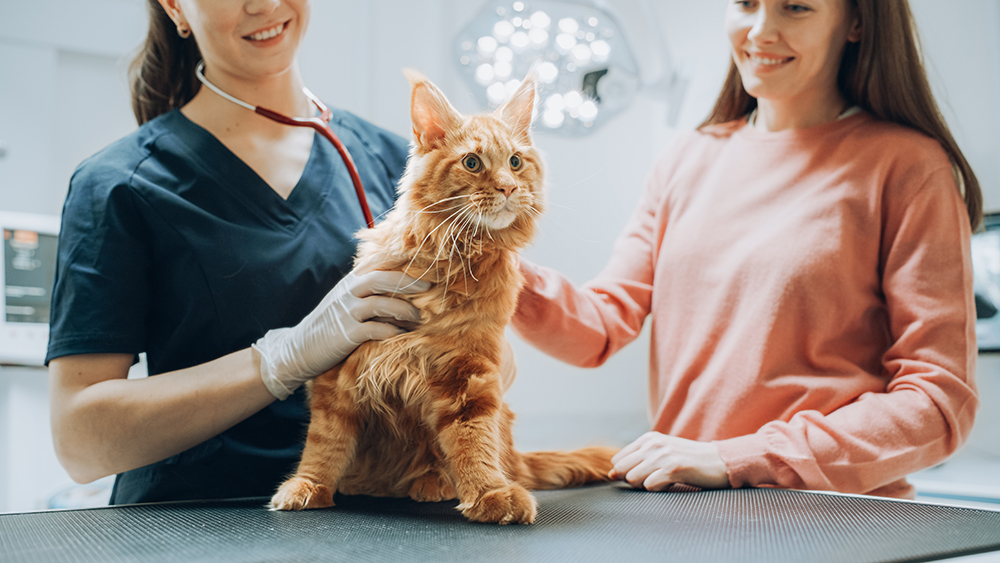3 Signs Your Cat May Need An Urgent Hospital Visit

Your cat relies on you for care and protection. Sometimes, like any companion, they might face health issues needing quick attention. You must recognize signs that your feline friend requires immediate medical care. Ignoring these signs can lead to severe problems. Trust your instincts, and remember that a qualified veterinarian in Cinco Ranch, TX is always ready to help. To ensure your cat stays healthy, you should know what to watch for. First, pay attention to sudden behavior changes. A playful cat becoming lethargic or aggressive might be in pain. Next, abnormal eating habits can signal trouble. If your cat refuses food or water, quick action is essential. Finally, watch for respiratory problems. Difficulty breathing or persistent coughing needs urgent evaluation. By understanding these signs, you protect your cat’s well-being, and help provide timely care when it’s needed most.
1. Sudden Behavior Changes
Cats communicate through their actions and behaviors. Sudden changes are often your first clue that something is wrong. A cat that is usually active may suddenly become withdrawn. Alternatively, a calm cat might exhibit uncharacteristic aggression. These shifts might indicate pain or discomfort. Quickly noticing and addressing these changes can prevent a minor issue from escalating.
Consider keeping a journal of your cat’s behavior patterns. This record can be particularly helpful when visiting the vet, providing context and supporting a quicker diagnosis.
2. Abnormal Eating Habits
Healthy cats are generally consistent in their eating patterns. A sudden lack of interest in food or water can signal a serious problem. This might mean dental issues, kidney disease, or even something stuck in their digestive tract. If your cat skips meals for more than a day or shows severe weight loss, it’s time to seek medical advice.
To help you track your cat’s eating habits, consider using the following table:
| Normal | Warning |
|---|---|
| Regular meal schedule | Refusing food for over 24 hours |
| Consistent water intake | Drinking excessively or not at all |
| Steady weight | Unexplained weight loss or gain |
For more information on pet nutrition, check out this resource from the FDA’s Animal Veterinary Division.
3. Respiratory Issues
Cats experiencing respiratory issues need immediate attention. Signs include persistent coughing, wheezing, or labored breathing. These symptoms might point to allergies, infections, or more serious conditions like asthma or heart disease.
If you notice these issues, monitor your cat’s breathing rate. A normal rate is between 20-30 breaths per minute. Anything significantly above this could be a sign of distress.
For further details about respiratory health in cats, you can visit the American Veterinary Medical Association.
Conclusion
Your vigilance is key in safeguarding your cat’s health. Understanding these warning signs can make all the difference. If you ever feel uncertain about your cat’s health, don’t hesitate. Reach out to a veterinarian in Cinco Ranch, TX. They can provide the necessary care and guidance to ensure your feline friend’s well-being. Remember, early intervention is the best way to keep your cat healthy and happy. By staying informed and attentive, you can offer your beloved pet the long, joyful life they deserve.


